Telltale Games recently made a huge announcement, involving the reveal of three new games they are working on. These three games are a second season of Batman, a second season of The Wolf Among Us and a fourth season of The Walking Dead. Also interesting was the fact that in this announcement it was confirmed that the fourth season of The Walking Dead will be its last season. Seeing as this will be the send-off for the series that really brought Telltale Games into the mainstream, there are a few things I feel like they need to do to really get it right.
Oh, and WARNING: This article will contain SPOILERS for the first three seasons of The Walking Dead.
Make the ending an ending
Firstly, and most obviously, the end to season four has to resemble an actual ending, since that’s what it will be. This can be difficult considering the nature of zombie apocalypse stories, and The Walking Dead in particular, since, in a true post-apocalyptic scenario, there can’t really be an “end,” so to speak, since the world has to continue being post-apocalyptic. Since there can’t be a physical end to the post-apocalypse, the most we can hope for is an emotional end. Luckily, Telltale has proven that they can do just this. Except for the post-credits scene, the first season of The Walking Dead was a perfect emotional ending. Though we knew from the post-credits scene that there was going to be a sequel, the ending of the first season felt complete (if not completely emotionally crushing). If it was a stand-alone game with no sequels, I (and perhaps others?) would have been completely happy with the game just as it is. Some of the endings in Season Two also ended with finality. Others ended on more of a cliffhanger, but the couple that didn’t showed once again that Telltale knows how to appropriately end a post-apocalypse story without ending the post-apocalypse. Hopefully they’ll be able to pull this off again for the end of the fourth season.
Forget about newcomers
By “newcomers,” I mean people playing The Walking Dead for the first time, not characters new to the series. With both Season Two and A New Frontier, but especially A New Frontier, Telltale wanted to make sure that people getting into their Walking Dead series for the first time could jump right in without having played the first season or two. While I understand why they did this, I think this needs to change for what’s to be the final season. The last season should be a culmination of everything the player went through for the first three seasons, and that will be hard to do if the game is constantly trying to pander to people who know nothing about the first three games because the last season is the first one they’re playing. Also, if someone is getting into Telltale’s Walking Dead games for the first time as the last season is in progress, that person really shouldn’t play the last season first as their introduction to the series. If someone recommended that you watch Breaking Bad, would you start off by watching the last season and then go back and watch the first four seasons afterwards? No, that’s ridiculous. You have a little bit more of an excuse for starting during Season Two or A New Frontier since, when those were in progress, there wasn’t a specific endpoint for the series, so you might think, “Eh, I might as well start with the current season and then go from there.” But if the season that’s in progress is known to be the last one, you’d have to be a fool to think, “Yeah, I’ll just get into this series by playing what I know is the last season first, have everything spoiled or not make sense to me, and then go back to the other seasons later.”
But enough about the newcomers’ perspective. The more important point is that trying to make the last season “newcomer-friendly” could potentially bog down the experience for series veterans. Many fans were upset with the way their Season Two endings were trivialized in A New Frontier and how Clementine was treated as more of a side character for much of the season. While I don’t entirely agree with this sentiment, I understand where it’s coming from. We just spent two seasons over several years shaping what kind of person Clem will be with our choices, only to have much of that seemingly thrown away right at the beginning of the third season. Why? To make room for completely new characters who will take the spotlight so newcomers will feel welcome and not like they’re stepping into an existing universe that they weren’t previously apart of (which is what they’re doing; Telltale just wanted to make them feel like they were just as welcome as veteran players, which is admirable, but if it comes at the expense of the veteran players, maybe it could have been done differently). Let me put it this way: Season One was Lee and Clementine’s story, Season Two was Clementine’s story continued, A New Frontier was Javier’s story. Javier was a completely new character who hadn’t appeared before. Why should veteran players of the series care about him enough to suddenly accept him as the main character? Oh, and Clem’s there too sometimes. Again, I didn’t entirely dislike A New Frontier or anything, but it did feel kind of odd, part-way through a series almost abandoning the story we were following for the first two seasons to follow the story of a guy who we haven’t even met before.
It was already confirmed that the fourth season will see the player controlling Clem again, so at least there’s that. Hopefully it won’t seem like we’re supposed to forget about the first three seasons, though. Not that I need constant reminders, flashbacks or callbacks or anything, but if Clem once in a while mentions the characters who she misses from the first two seasons or the characters she has to get back to who survived A New Frontier or something like that, just so the player knows their past choices impacted the story, that would be nice.
Clem needs to be a blank slate
I wrote about this kind of thing in my opinion piece about the biggest potential problem facing Life is Strange: Before the Storm too. I think one of the worst things a choice-based game can do is have you play as a character who has a strong, previously established personality. The reason for this is because it makes it weird to make choices you think the character you’re playing as wouldn’t make, as well as potentially making it weird for the writers to even give the player the option to make a choice the character wouldn’t make.
I actually mention the first season of The Walking Dead in my Life is Strange article as an example of a choice-based game done right. Lee is great as a playable character in a choice-based game because he’s a blank slate. The player doesn’t know Lee and neither do any of the characters he interacts with in the game. This gives the player license to make any choice they want because, as far as they know, Lee making that choice makes just as much sense as making any other choice. In Season Two, the player plays as Clem, who isn’t exactly a blank slate by that point in the series, but she is living by the mantra “what would Lee do?” Since what Lee would do is just what the player would do, any choice the player makes Clem do also seems just as correct as any other choice.
I felt A New Frontier didn’t accomplish this as well. Although the player didn’t know Javier before the game, so they didn’t know what kind of choices he would make, there are several characters in the game who DO know him and what kind of choices he’d make. The characters you interact with in the game expect certain things of Javier, so the player feels obligated to make the choices that are expected of Javier. Furthermore, the only options given to players by the developers are options that Javier would realistically make in relation to the people who expect him to act certain ways given their previously established relationships with him before the events of the game begin.
Okay, I’ll stop with the run-on sentences for a minute and give an example. This never happened in the game, but hypothetically, there would have been a conflict if there was a choice in which Javier had to choose between Clem or Gabe’s life, knowing the one he didn’t save was going to die. That was a bit of a run-on, wasn’t it? Anyway, the conflict exists between what the character Javier wants and what the player controlling Javier wants. I would save Clementine without even thinking about it. I, the player, have spent two seasons raising and playing as this girl; I’ll be damned if I choose some teenage punk I just met over her. But from Javier the character’s perspective, it’s the opposite. Gabe is his nephew he’s been surviving the zombie apocalypse with and Clem’s just some girl he met a day ago. The character wants to save Gabe but the player wants to save Clem. Now the player is left with two choices: either make the choice Jaiver would actually make (save Gabe), but feel bad because you felt obligated to make the choice you didn’t want to make, or make the choice Javier wouldn’t actually make (save Clem) and feel weird because you just forced a character to act totally out of character in order to achieve your own goals. It’s reasons like this that I think playable characters in choice-based games should be blank slates, like Lee was.
Obviously, it’ll be hard to make Clem a blank slate, seeing as we’ve been with her for three seasons now and she has a pretty defined personality by this point. I hope that they find a way, however, to give the player a lot of truly different choices and make them all feel realistic and not forced. In A New Frontier Clem was painted as the tough loner, much like Jane was in Season Two. Maybe Telltale can have Clem hold onto those leanings somewhat while also giving her reasonable reservations based on recent events. This could give her options that are something like: 1. retain her loner attitude, 2. be more friendly and trusting, since the Garcias proved good people still exist 3. somewhere in between those two and 4. silence is a valid option.
Anyway, it’s up to Telltale and they’ve proven time and time again that they know what they’re doing. Hopefully the fourth season is a suitable ending to an amazing series.


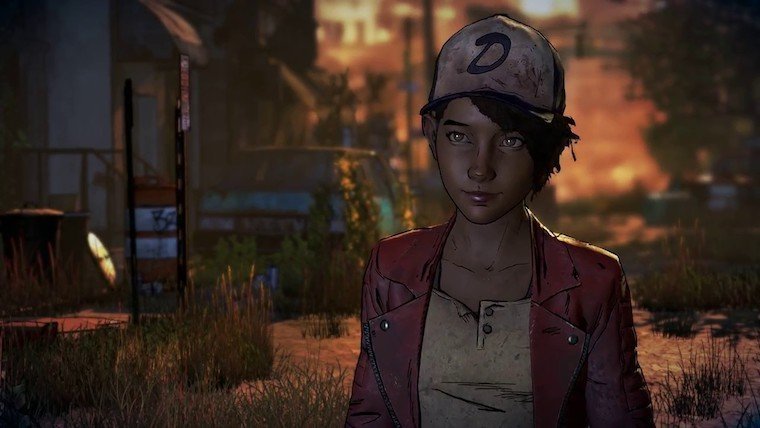
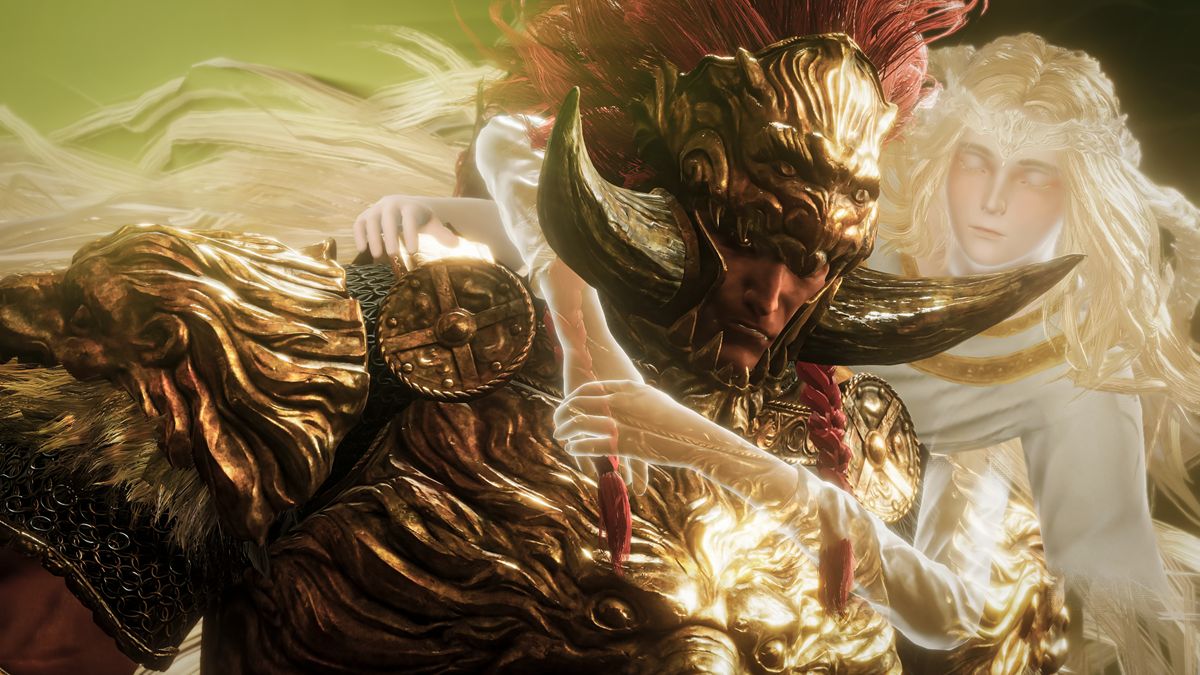
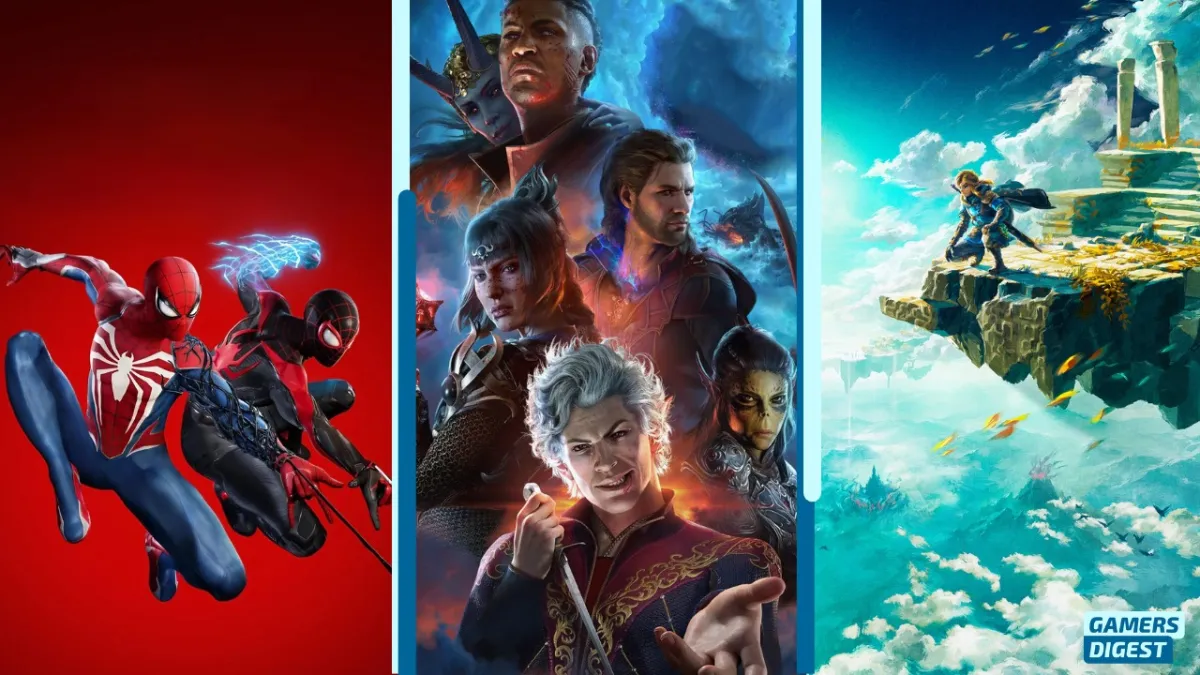
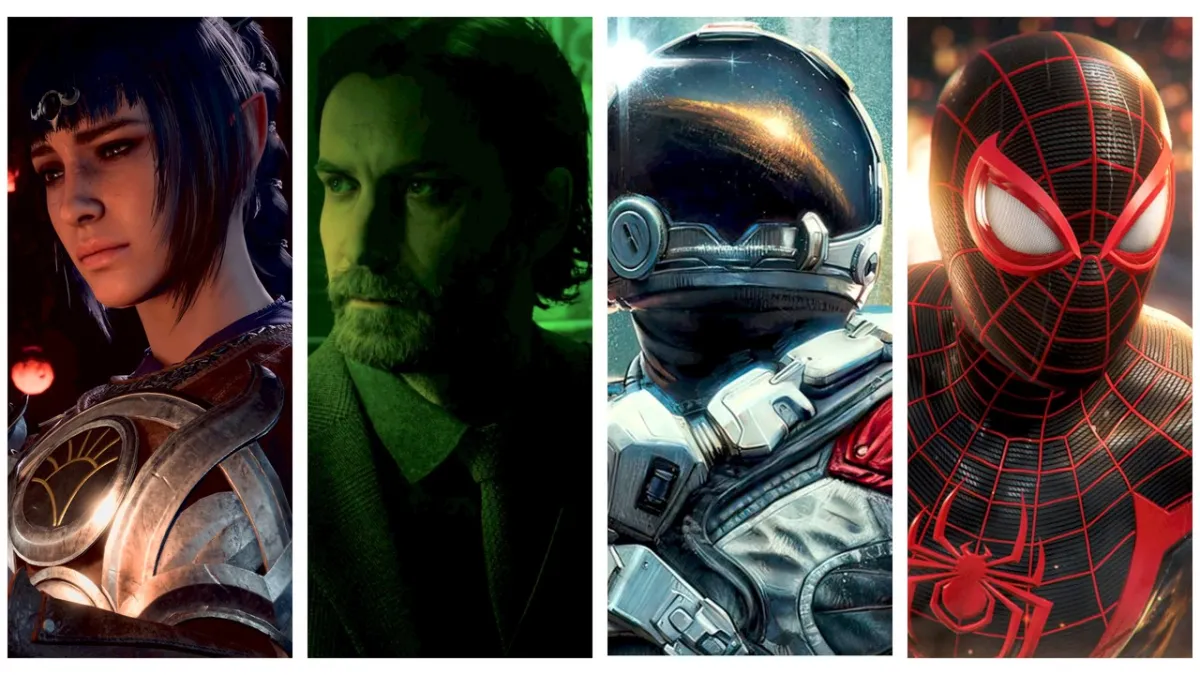
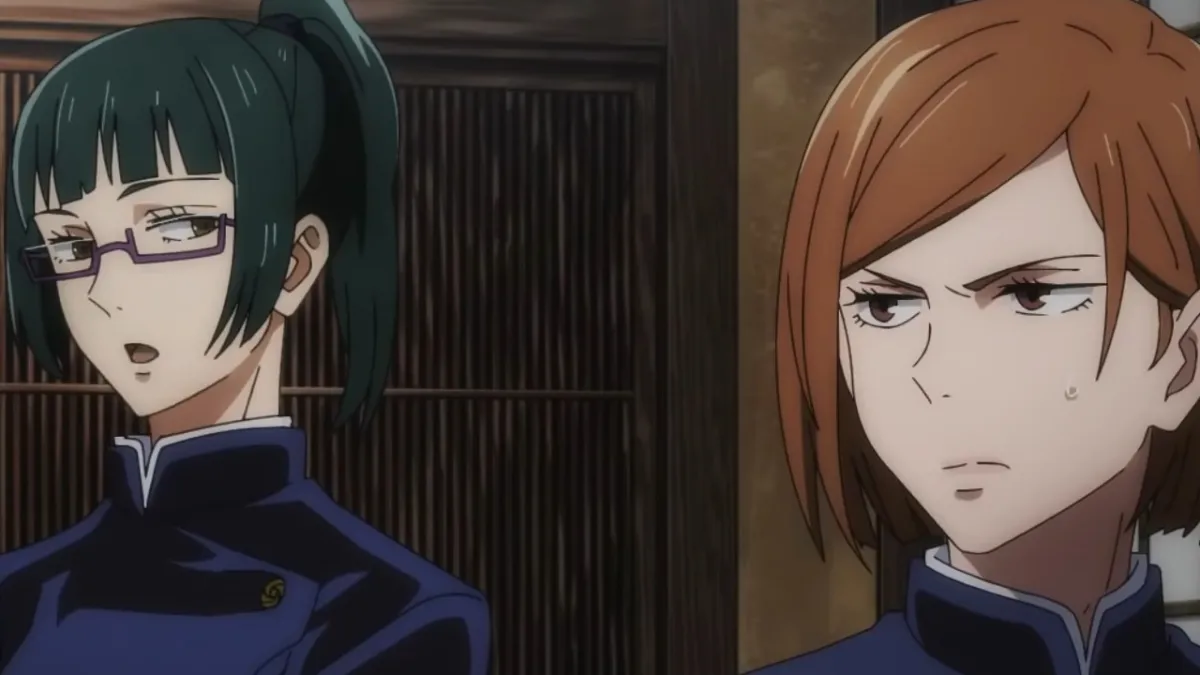
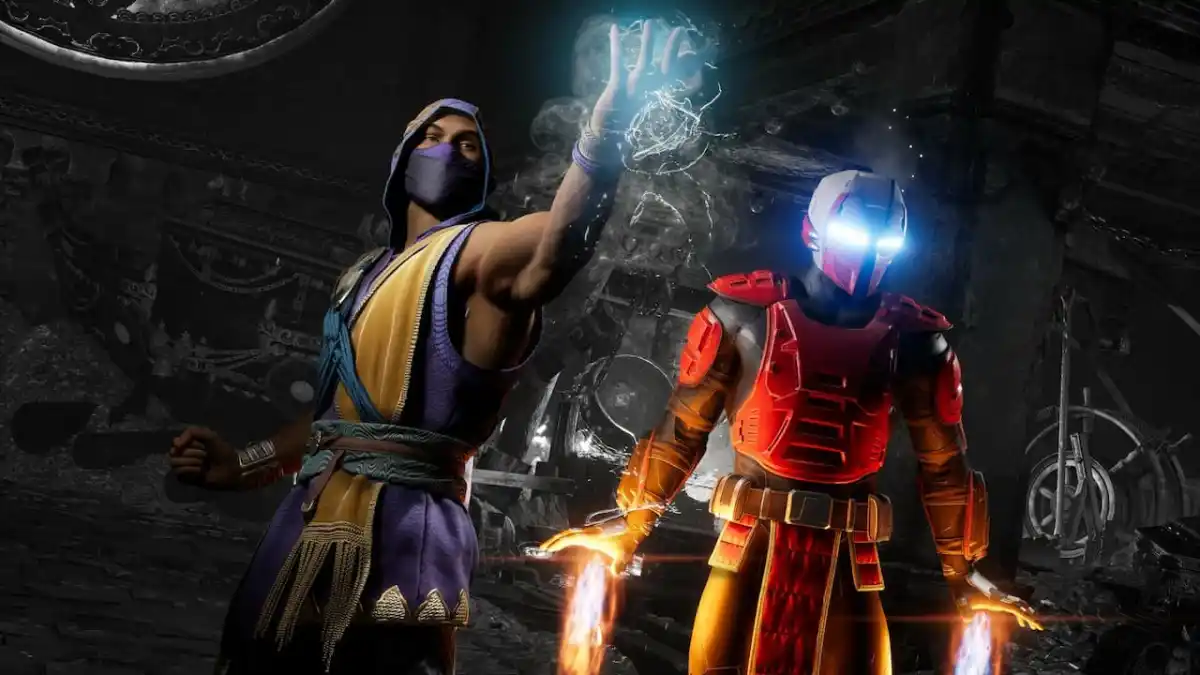
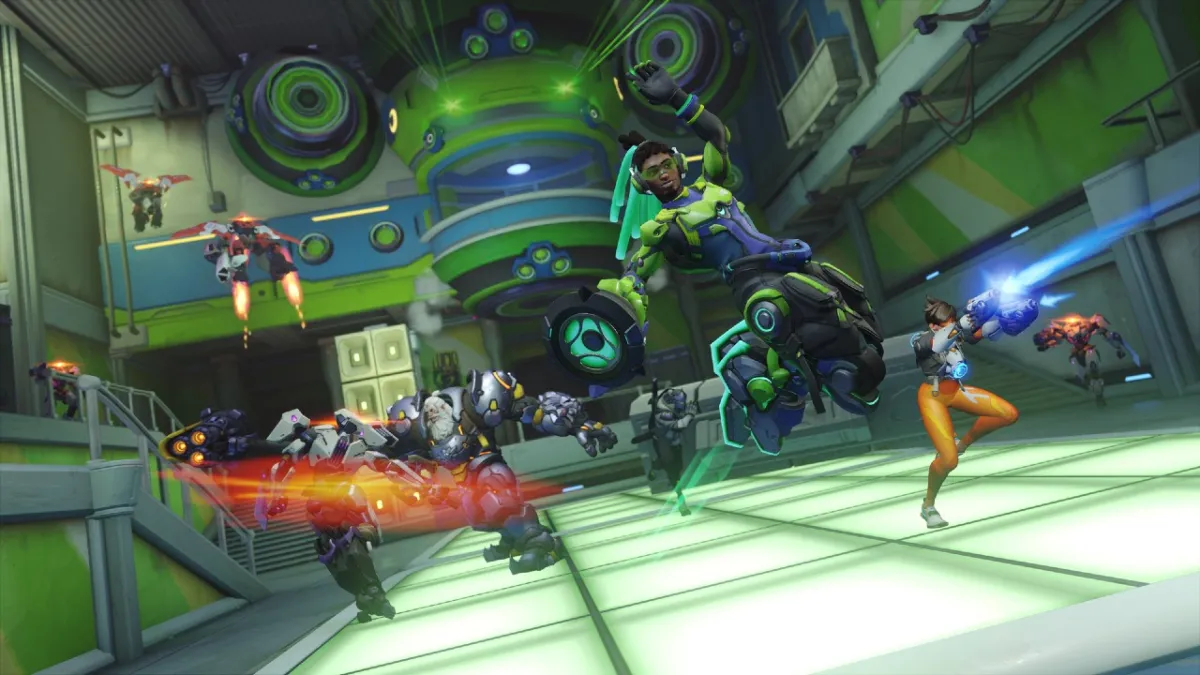

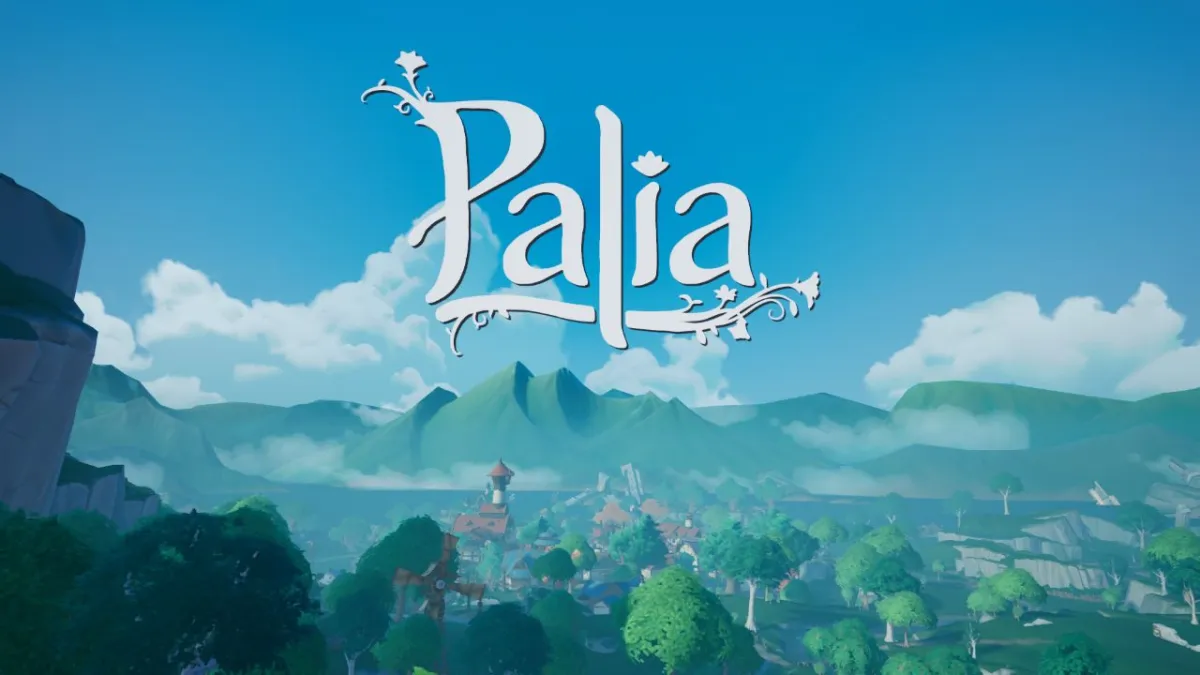
Published: Jul 19, 2017 05:15 pm